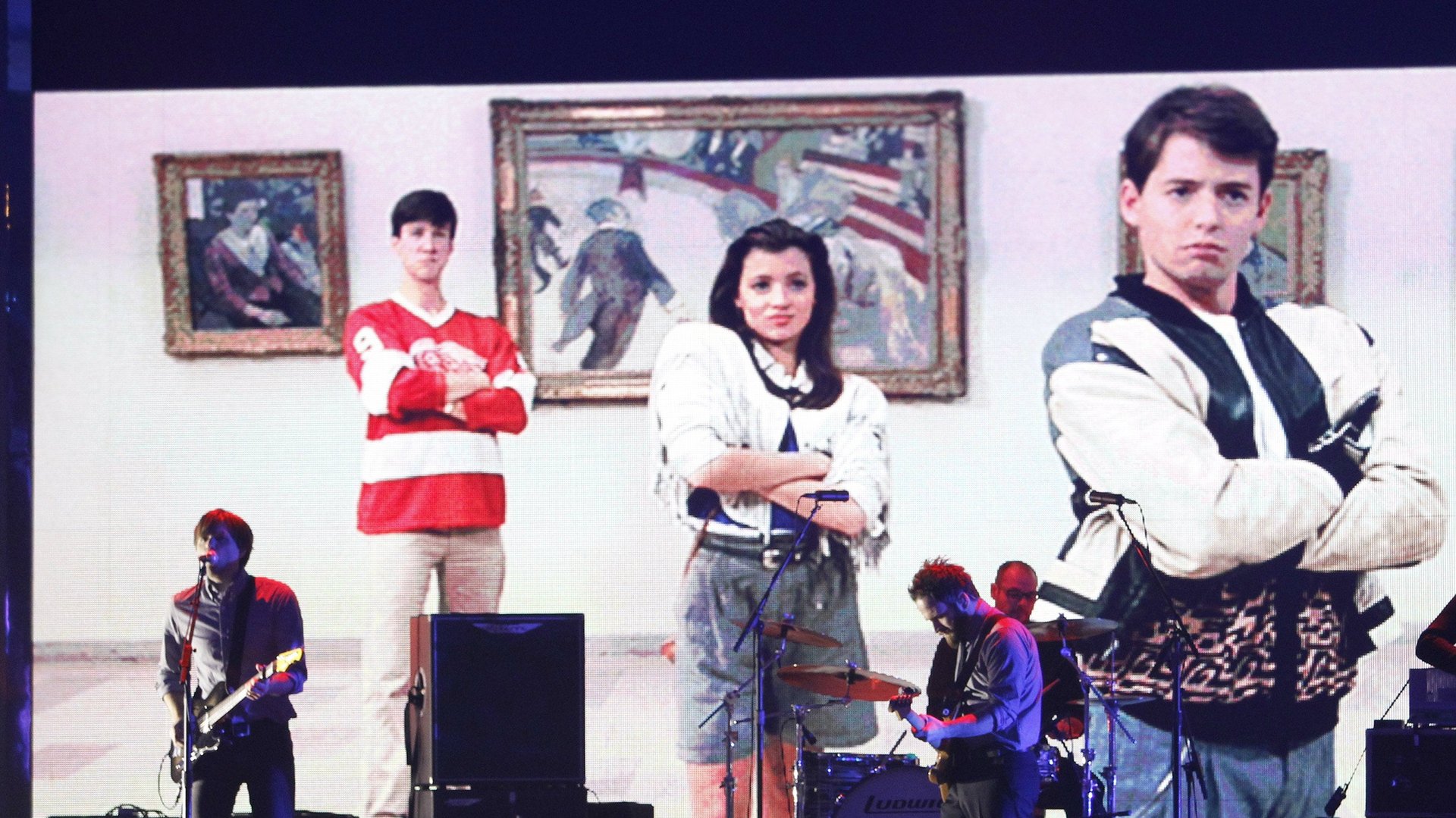When it comes to sex, dating, and drinking, 18 is the new 15 for American teens
Being a teen isn’t what it used to be. According to a huge new study, adolescents in the 2010s were less likely date, drink alcohol, go out without their parents, and have sex than teens in every generation since the 1970s. Fewer of them have paying jobs or drive.


Being a teen isn’t what it used to be. According to a huge new study, adolescents in the 2010s were less likely date, drink alcohol, go out without their parents, and have sex than teens in every generation since the 1970s. Fewer of them have paying jobs or drive.
The research, published in Child Development, says the cause is not kids having more homework, or more extracurricular activities. (They are actually doing less homework and about the same in terms of extracurriculars.)
What’s changed is the context in which teens are growing up. Parents are more invested in teens’ lives. They have smaller families, which means more attention and money to spend on each kid. Coupled with longer life expectancies and lower teen birth rates, teens now have the freedom to be younger longer and are choosing to do so, the authors argue.
“The developmental trajectory of adolescence has slowed, with teens growing up more slowly than they used to,” said Jean Twenge, professor of psychology at San Diego State University and the lead author on the study. “In terms of adult activities, 18-year-olds now look like 15-year-olds once did.”
The authors examined seven large, nationally representative surveys of US adolescents between 1976–2016, or 8.4 million kids ages 13–19, looking at “adult” activities, such as dating and drinking and working for pay. It compared adolescents of the same age—say 9th graders—at different points in time, a so-called time-lag design to allow the researchers to see changes between many groups of kids over time rather than changes in the same group over time.
The trends were widespread, appearing across gender, race, ethnicity, socioeconomic status, region of the country, and whether the teens were in urban or rural locations, suggesting “a broad cultural shift.”
While the causes are unclear, the changes are dramatic. In 1991, the majority of teens in high school (54%) were having sex. By 2015, that had fallen to 41%, with the largest declines for 9th graders and smallest for 12th graders.
Since 1993, the percentage of 8th graders who have tried alcohol fell by 59%, compared to 9% for college students, and 7% for young adults.
Previous research has shown that young adults are postponing becoming actual adults longer (hence the need for things like “Adulting School”). The new research pinpoints when this trend begins, and concludes we are letting childhood run well into adolescence.
One cultural shift that might help to explain this is the rise of technology. While the authors were careful to note that they could not identify a strong link between teens’ more prudish behavior and smartphones, Twenge makes that case in her recent story in the Atlantic, which cites some of the same data. She links less drinking and sex to more social isolation and a preference for phones over humans, writing:
The arrival of the smartphone has radically changed every aspect of teenagers’ lives, from the nature of their social interactions to their mental health. These changes have affected young people in every corner of the nation and in every type of household. The trends appear among teens poor and rich; of every ethnic background; in cities, suburbs, and small towns. Where there are cell towers, there are teens living their lives on their smartphone.
Her conclusion is ominous: “It’s not an exaggeration to describe iGen as being on the brink of the worst mental-health crisis in decades. Much of this deterioration can be traced to their phones.”
However, in the study itself, the authors note that the trend toward more risk-averse behavior began before internet use among teens took off. Also, it’s hard to know whether teens go online because they are home not having sex and drinking, or vice versa (i.e. they are not having sex and drinking because they are online).
It would be nice to conclude from the research that our teens are simply more responsible than we were, but that would wholly ignore the fact that they are also more miserable.